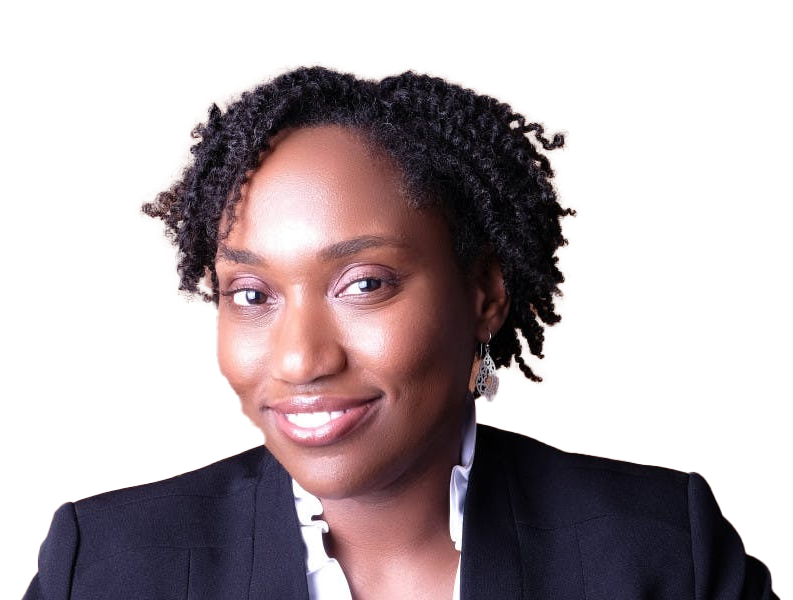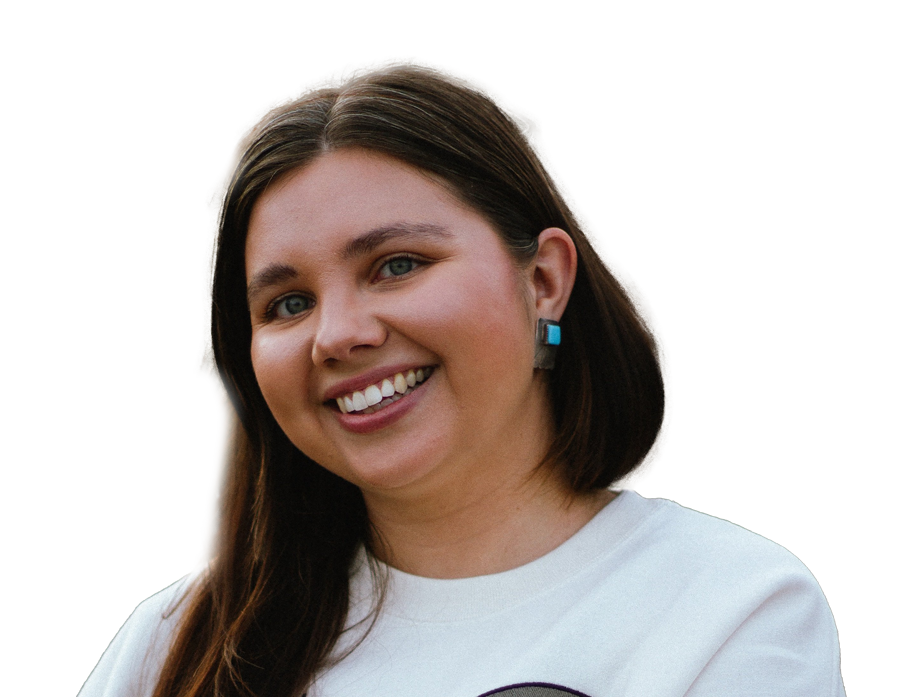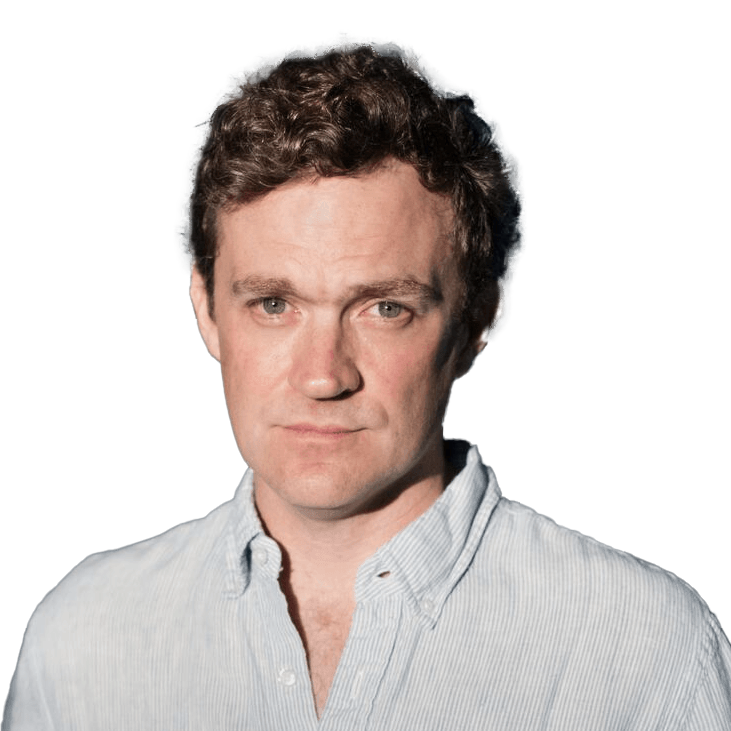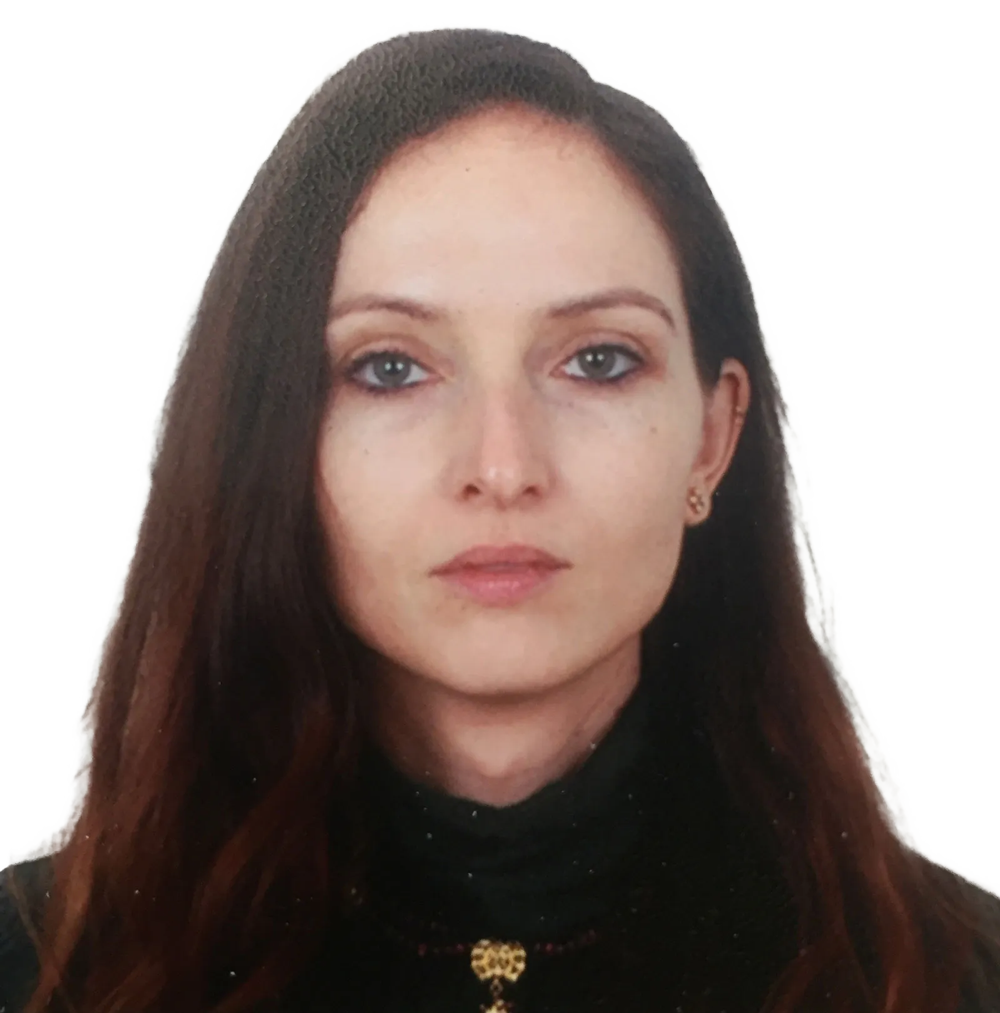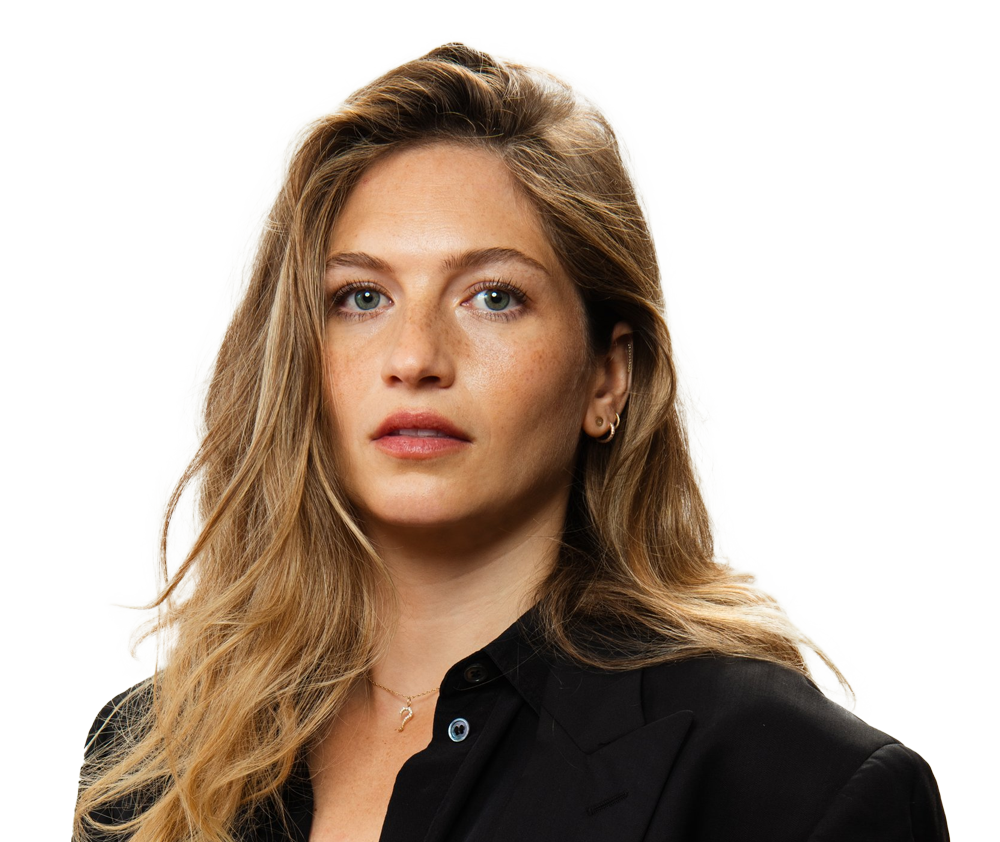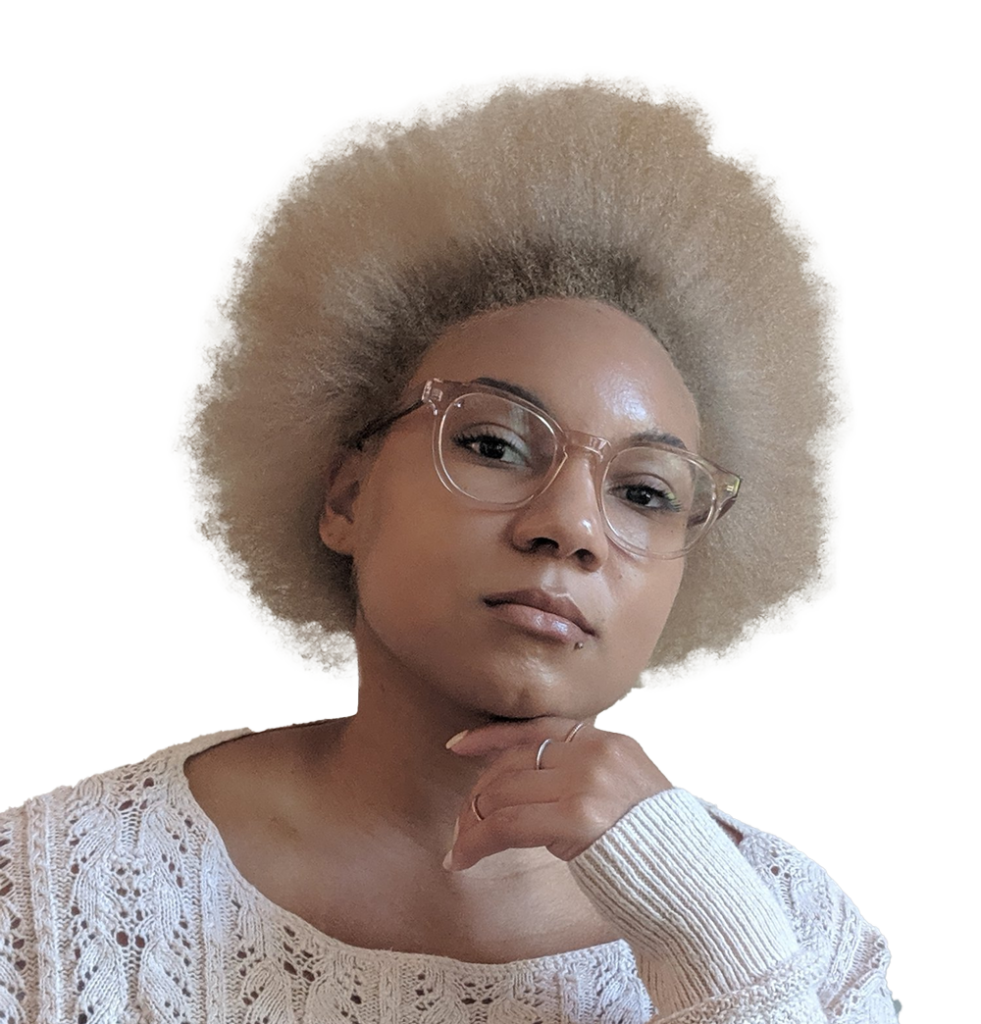This interview has been condensed and edited for clarity.
You have said of teaching, “We are all teaching in fascinating times, and it’s a privilege to do so!” Now that you’re decades into your career in the classroom, what does good teaching feel like to you?
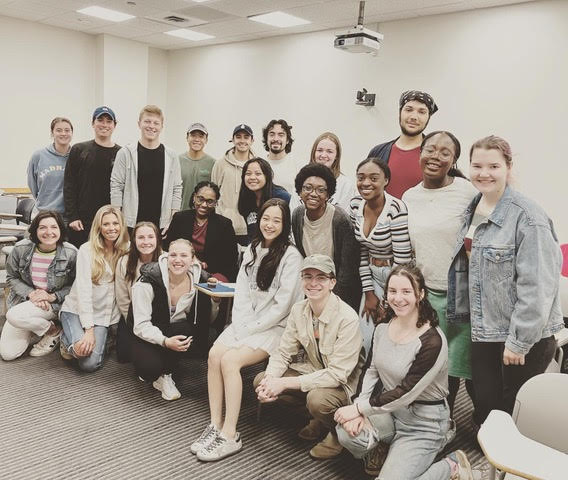
I’ve always characterized teaching as two people sitting at a table. The professor brings their intellectual commitment to the table—their subject matter expertise and the backstory of how they came to their interests. And the student brings their curiosity; it can be about the class topic or their desire to learn broadly. It’s exciting to share the things that are important to me with a class, but it’s only meaningful and fulfilling if I can learn about what is important to my students. I always spend time getting to know what my students are committed to and how that fuels their curiosity. Good teaching feels like good learning to me.
Throughout your career as both a historian and educator, how has your understanding of education’s purpose evolved?
I think as our political climate has become more challenging and scholars have to fight to stand up for the truth, I’ve become more convinced that education is not about the edification of the individual, but all learning is done in the interest of the common good. Making up your own facts and misinterpreting data only serves the purpose of making a person feel powerful, in the absence of care or curiosity. When you learn within a framework dedicated to truth and honesty, you become better for the world around you.
During the pandemic, like many educators, you were teaching classes remotely. What did those contrasting experiences reveal to you about the significance of sharing physical space with students? Were there any unexpected insights about teaching and learning that emerged from this transition?
The Zoom times were hard, but they were also illuminating about the challenges of focus in the age of endless access to technology. The problem with Zoom isn’t that students can check out more effectively because we aren’t all there together. The problem is that boredom is now met with some kind of stimuli that attends to it, rather than the imagination. I am afraid that daydreaming, doodling, or just falling asleep is a lost art! Imagine that! I think that the Zoom experience of turning off cameras, exiting rooms, or just opening other websites during class didn’t help students sharpen their ability to hang in there. In person, if there is something difficult or challenging or boring, you still have an opportunity to plug back into the content. Online, that is hard to do.
I [did] like Zoom teaching because the chat allowed for a second learning space that could be fun or insightful. For students who struggled to talk in class, having another way of contributing was good for them. I think that I’ve learned post-COVID how to segment my classes and lectures in a way that allows me to get through a lot of material but to organize it in a way to help with students whose attention spans struggle.
In your writing, you’ve noted: “Teachers are used to being the guiding force, but in all matters of inclusion, it’s helpful to recognize that sometimes students can lead.” Could you share examples of how you’ve created space for student leadership in your own classroom?
It’s really important to me that everyone in my class feels confident and like a contributor, outside of their mastery of the content or the grade they will receive. I like to have class days where students are responsible for teaching everyone one thing. I ask students to write me notes or to suggest TV shows they like or accounts they follow online so I can get a window into their likes and interests. I allow students to tell me what they find interesting about current events or campus issues before I start my lectures, in order to allow my students to have a voice in the classroom outside of assignments and course topics.
You and your husband took the step of living on campus as faculty-in-residence at Georgetown. What insights did you gain from sharing this residential community with your students?
I loved living on campus. It was so fun, and I enjoyed getting to know students in a non-classroom context. I met so many wonderful students that I never had the opportunity to teach, and we were able to provide a non-parent, non-authoritative presence for them. They were so kind and respectful, and I think they appreciated that they didn’t have to impress us for a grade or a job reference, they could just be themselves and ask us for advice.
You’ve mentioned that in your consulting work with schools, you frequently encounter “teachers who felt moved by a particular moment”—such as the 2016 election or the Parkland shooting—and consequently “wanted to radically upend their teaching.” Has there been a similar watershed moment in your own career that fundamentally transformed your approach to teaching?
Some days I feel like I live on a different planet from the years I was actively working with educators. The types of projects and initiatives that started in 2014 when I did #FergusonSyllabus and other curricular campaigns until 2022, when the commitments of the George Floyd summer started to wane, were so inspiring. Teachers wanted to help their students navigate the ways that education can make us better, more compassionate and justice-seeking people. It was truly beautiful. But once the right-wing assault on academic freedom took off with their witch hunts, book bans, and repression, all of the courage and care evaporated. It makes me so sad.
As a historian and educator, what do you think teachers should prioritize during this period of change and upheaval? Are there aspects of this political moment that feel familiar to you—echoes of the past that resonate particularly strongly?
I think that teachers need to emphasize that history isn’t linear; there are moments of progress and backlash. We are in the deep backlash phase right now. Also, teachers help students understand politics not by telling them what to think, but by sharpening their ability to understand origin stories, discern fact from fiction, and recognize the various viewpoints and frames that inform how people understand the past and present. We are living through a moment that feels like the end of Reconstruction, the height of the anti-Vietnam War era, and the early twentieth century’s commitment to race science and unregulated medicine. It’s bleak.
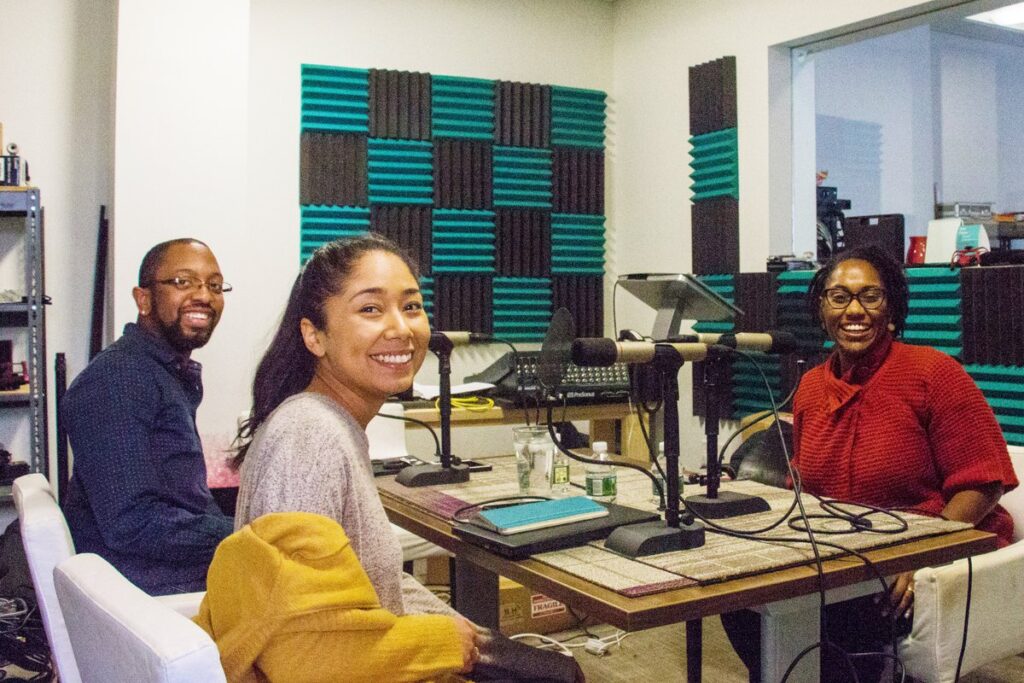
Over the years, you’ve experimented with diverse teaching formats and methods, saying that your intention is to “distribute history as widely as possible.” Could you elaborate on what this mission means to you in practice?
I like to take my research and bring it on podcasts, work with museums and cultural institutions, and then find ways to write op-eds about it, and I always welcome invitations from documentarians to provide “talking head” commentary. When I think of my research this way, I’m making a case for public-facing scholarship, and I get to maximize my work’s impact and audience.
Georgetown and the University of Pennsylvania, where you’ve taught, are increasingly expensive to attend. You’ve observed: “I think of [our students] as anxious investors…they’re not sure what the outcomes of this are supposed to be.” How does this reality affect your approach to teaching and mentoring students who may feel immense pressure to justify their educational investment?
I think students, parents, and communities hear a lot of buzz about higher education, but they don’t know a lot of details. It’s easy to say this will make you money and this won’t. A more thoughtful approach is, how much money do you need or do you want? What kind of life do you want to lead? How much do you think that costs? I am known to take out a blank sheet of paper and write numbers down with students so they have a sense, in a concrete way, of what is viable and what is not. I am a history professor; I know how to live on a budget and how to balance my material needs with my intellectual passions. I had to do that in order to live the life I wanted.
We have to give students guidance on making those calculations rather than telling them what is or isn’t possible. I respect the fact that someone has made a huge financial, time, and emotional commitment in order to support my students in their education. What better way of honoring and valuing all these contributions than guiding students to a life that is fulfilling, ethical, creative, and substantive? The only way we get there is to engage deeply in the question of how to create a life, not just earn a paycheck or live out someone else’s dream.
July 9, 2025
Photos provided courtesy of the Fellow.
